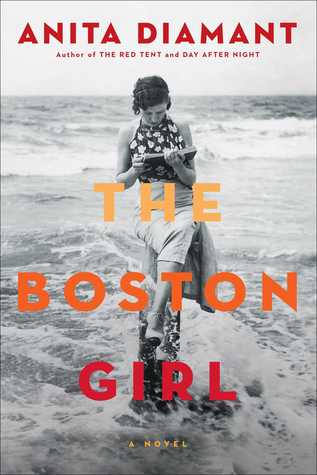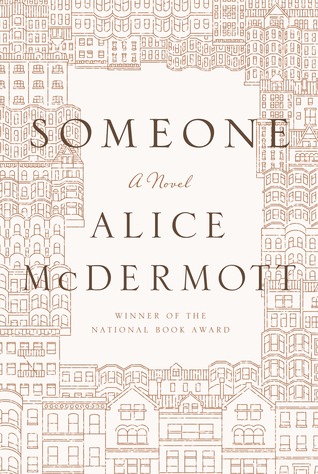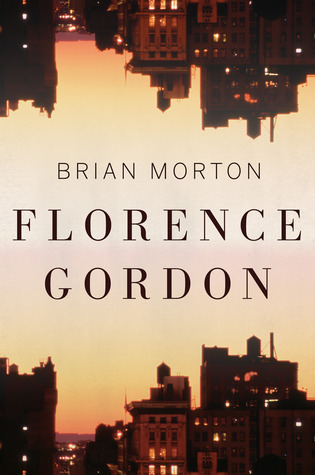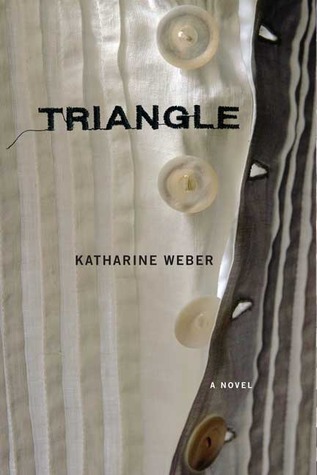Title: The Boston Girl
Author: Anita Diamant
Page Count: 322 pages
Genre: Historical Fiction
Tone: Dramatic, Reflective
Summary:
Recounting the story of her life to her granddaughter, octogenarian Addie describes how she was raised in early-twentieth-century America by Jewish immigrant parents in a teeming multicultural neighborhood.
SPOILER WARNING: These book discussion questions are highly detailed and will ruin plot points if you have not read the book.
The Library is happy to share these original questions for your use. If reproducing, please credit with the following statement: 2017 Mount Prospect Public Library. All rights reserved. Used with Permission.
1) When Aaron courts Addie, he says he’s going to turn her into a real Boston girl by taking her to the symphony, Red Sox game, and Harvard Yard. Where would you take someone to turn them into a real Chicago girl?
2) One definition of historical fiction says that the goal of historical fiction is to bring history to life in novel form. Did Diamant succeed?
3)Did you learn something from The Boston Girl?
4) What impression do you think would you get of the United States if you were from another country and reading this book?
5) Where the characters beliefs and mannerisms appropriate for the time?
6) Diamant titled the book The Boston Girl. With what you know about Boston, do you think her life would have played out the same way in another city? How important is location to the story line?
7) How would you describe it the tone and style of The Boston Girl? Did that work for you as a reader?
8) Addie’s granddaughter asks her what made her the woman she is today. Addie’s answer is a monologue. Would The Boston Girl have been as effective told in a different way?
Diamant says that she was concerned that Addie’s story leading to a happy marriage might be too small and mundane to keep readers turning the pages. From Diamant: “But once I made Addie the narrator, I realized- or remembered- that we don’t experience history in the abstract; we live inside of it. Addie experiences the momentous events of the early 20th century at eye level. A girl bobs her hair. A veteran of the Great War collapses on the beach. A friend dies because she ignores the warnings about the flu epimic and goes dancing. In Addie’s life, the geopolitical is personal, the immigrant success sage is hantued by loss and despair: war and disease are tests of reliance, even for those on the sidelines. Even for those who survive.”
9) What national or global events happened during Addie’s lifetime?
10) Which ones does she mention? Do you feel she was deeply affected by them?
11) If you were retelling your life story, what weight would you give large scale events?
12) Some critics unfavorably compared this to The Red Tent, which has a more serious mood and is told in the third person. Do you think literary fiction is as effective when the tone is cheerful? Why or why not?
13) Describe Addie’s mom. Are Addie and her sisters equally affected by her?
14) Celia was the most loved by Mameh and had her whole family’s love. She married Levine, a kind man. Why do you think Celia found life so very difficult?
15) Her other sister, Betty, is described by Addie as the most like her mom. What made Addie say that? Do you agree? Did your feelings for Betty change as the story progressed?
16) How would you describe Addie? What do you think made her able to stand up to her mom?
17) This is how Addie describes her father: “I didn’t know my father very well. It wasn’t like today, where fathers change diapers and read books to their children. When I was growing up, men worked all day, and when they came home we were supposed to be quiet and leave them alone.” It seems as if Addie absolves her father of responsibility to his family because of the times. Do you agree? Was he at all to blame for the home dynamic?
18) How does Addie’s world begin to expand beyond her home?
19) Who were some of the people who gave her a chance? Do you have a favorite, or one character that you think made the biggest difference in her life?
20) She had a lot of good fortune with the people she met- people willing to give her friendship, learning opportunities, vacation destinations, and jobs. Was this a realistic portrayal of life for a young female, Jewish daughter of immigrants? Is it within the realm of possibility?
21) Some people Addie mentions were definitely not friends, but she included them in her answer to Ava about how she became the woman she is today. One of them was her first romantic interest, Harold, “the wolf.” Why do you think she told her granddaughter about him? Why do you think she continued to see Harold?
22)Addie says, “I’m still embarrassed and mad at myself. But after seventy years, I also feel sorry for the girl I used to be. She was awfully hard on herself.” What does she mean?
23) It’s actually Harold who calls her, “My favorite Boston girl.” (p 82) If you were going to call yourself _______boy/girl, how would you fill in the blank?
24) Addie’s next boyfriend is Ernie. She doesn’t seem too emotional about him, and decided to let him go, so why do you think he is included in her story about what shaped her? What did she learn from him?
25) Addie says that many young women were focused on getting married. What do you believe she was focused on?
26) The chapter where Addie meets her future husband, Aaron Metsky, is entitled “Never apologize for being smart.” What connections do you make between the title and Addie and Aaron’s relationship?
27) Addie spends more time talking about her jobs along the way: cleaning for the summer, working for her brother in law, the newspaper office than she does about her current job. How were these experiences important enough to relay to her granddaughter?
28) Addie tries on pants for the first time (p.108) when she and Filomena visit Leslie and Morelli. Addie says, “It makes me want to try riding a bicycle and ice skating and all kinds of things.” Leslie asks what other kinds of things and Addie answers, “I’d go to college.” Do you believe that clothes so powerfully affect what a person feels capable of doing?
29) Would you say Addie had a blessed life, or a difficult one?
30) Based on Ava’s question at the beginning of the book, “What made you the woman you are today?”, how would you speculate Ava saw her grandmother?
31) Addie answers through a book’s worth of stories. If you were to sum it up, what made Addie the woman she is today?
Want help with your book discussion group? Check out tips, advice, and all the ways the Library can help support your group!
Other Resources:
- Reading Group Guide from publisher
- Washington Post book review
- Q&A with Anita Diamant
- Anita Diamant interview with Jewish Book Council
- Biography of Anita Diamant





